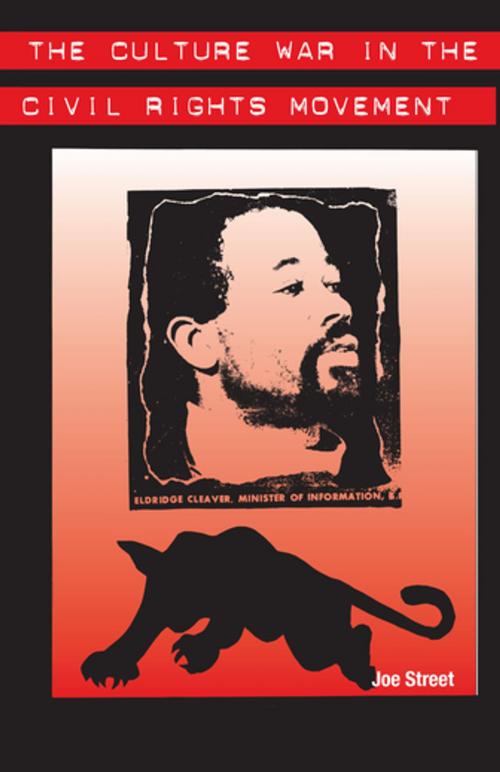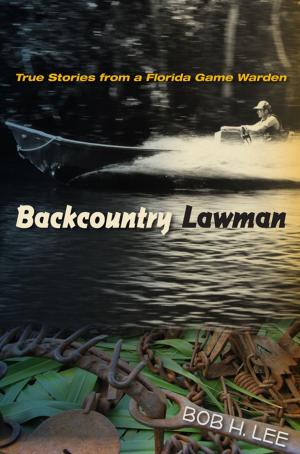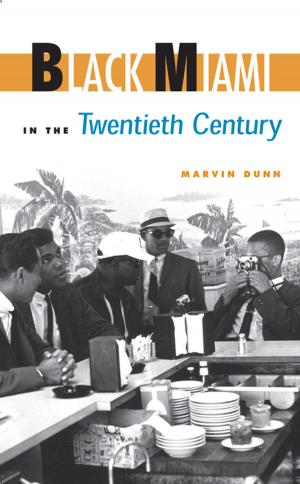The Culture War in the Civil Rights Movement
Nonfiction, Social & Cultural Studies, Social Science, Cultural Studies, African-American Studies, History, Americas, United States, 20th Century, Military| Author: | Joe Street | ISBN: | 9780813063263 |
| Publisher: | University Press of Florida | Publication: | July 21, 2017 |
| Imprint: | University Press of Florida | Language: | English |
| Author: | Joe Street |
| ISBN: | 9780813063263 |
| Publisher: | University Press of Florida |
| Publication: | July 21, 2017 |
| Imprint: | University Press of Florida |
| Language: | English |
"Boldly suggests that cultural organizing shaped the trajectory and spirit of the Civil Rights Movement."--Journal of American Ethnic History "Street brings together many different cultural strands in this work and argues cogently that they were an important part of a movement that affirmed African American self-belief at the same time as it demanded freedom and equality.”—Journal of American Studies "Draws upon a wealth of primary and secondary sources and is comprehensive yet clear and concise. . . . An absorbing examination of the relationship between politics and creative works."--North Carolina Historical Review "Eloquently reaffirms the notion that an informed understanding of Black America’s multifaceted culture is foundational to fathoming the complexities of the black freedom movement."--William L. Van Deburg, author of Hoodlums: Black Villains and Social Bandits in American Life From Aretha Franklin and James Baldwin to Dick Gregory and Martin Luther King, the civil rights movement deliberately used music, art, theater, and literature as political weapons to broaden the struggle and legitimize its appeal. In this book, Joe Street argues that the time has come to recognize the extent to which African American history and culture were vital elements of the movement. Drawing upon a wide variety of sources, from the Free Southern Theater to freedom songs, from the Cuban radio broadcasts of Robert F. Williams to the art of the Black Panther Party, Street encourages us to consider the breadth of forces brought to bear as weapons in the struggle for civil rights. Doing so also allows us to reconsider the roots of Black Power, recognizing that it emerged both from within and as a critique of the southern integrationist movement.
"Boldly suggests that cultural organizing shaped the trajectory and spirit of the Civil Rights Movement."--Journal of American Ethnic History "Street brings together many different cultural strands in this work and argues cogently that they were an important part of a movement that affirmed African American self-belief at the same time as it demanded freedom and equality.”—Journal of American Studies "Draws upon a wealth of primary and secondary sources and is comprehensive yet clear and concise. . . . An absorbing examination of the relationship between politics and creative works."--North Carolina Historical Review "Eloquently reaffirms the notion that an informed understanding of Black America’s multifaceted culture is foundational to fathoming the complexities of the black freedom movement."--William L. Van Deburg, author of Hoodlums: Black Villains and Social Bandits in American Life From Aretha Franklin and James Baldwin to Dick Gregory and Martin Luther King, the civil rights movement deliberately used music, art, theater, and literature as political weapons to broaden the struggle and legitimize its appeal. In this book, Joe Street argues that the time has come to recognize the extent to which African American history and culture were vital elements of the movement. Drawing upon a wide variety of sources, from the Free Southern Theater to freedom songs, from the Cuban radio broadcasts of Robert F. Williams to the art of the Black Panther Party, Street encourages us to consider the breadth of forces brought to bear as weapons in the struggle for civil rights. Doing so also allows us to reconsider the roots of Black Power, recognizing that it emerged both from within and as a critique of the southern integrationist movement.















